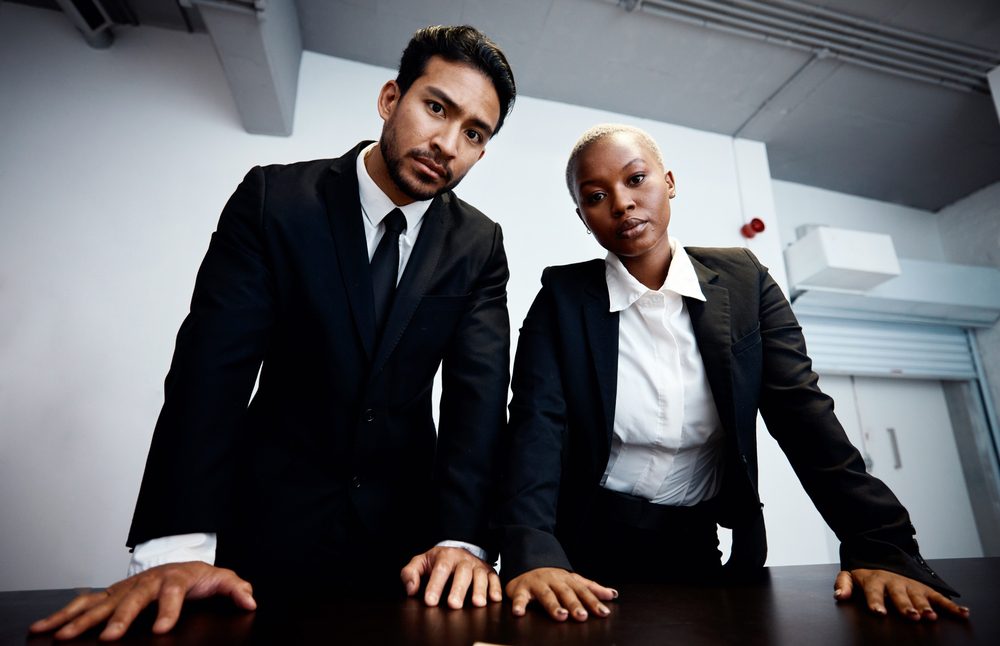Navigating the realm of police questioning alone may appear tempting, but the risks far outweigh the perceived convenience. Regardless of your role—suspect, witness, or an individual aiding an inquiry—approaching these situations without legal counsel or support is akin to traversing a legal labyrinth blindfolded. In this intricate landscape, the pitfalls of solitary navigation can be grave.
Understanding the complexities and implications of police inquiries underscores the paramount importance of seeking guidance and representation. This article highlights why circumventing police questioning alone is not just advisable but often essential. From protecting your rights to ensuring an accurate representation of your statements, each facet emphasizes the invaluable support and safeguarding that legal counsel provides in these intricate circumstances.
Importance of Legal Counsel
Seeking legal representation before a police interview is crucial. A lawyer can offer guidance on the legalities involved, ensuring your rights are upheld. They can explain the nature of the questioning, potential consequences, and how best to navigate the process without incriminating oneself unintentionally.
Protection of Rights
I would like you to understand your rights during police questioning. Often, individuals may not be aware of their rights or the extent of what they should or shouldn’t disclose. Legal counsel can safeguard against self-incrimination and protect your rights throughout the questioning.
Avoiding Misinterpretation or Misrepresentation
During questioning, statements made without proper context or clarity might be misconstrued. When facing police questioning alone, there’s a risk of being misunderstood or having words taken out of context. Legal representation helps in articulating information accurately, minimizing the chances of misinterpretation.
Managing Stress and Anxiety
Interacting with law enforcement, especially during questioning, can be stressful. Nervousness or anxiety might lead to unintended or incorrect statements. Having a lawyer present can alleviate stress, providing support and guidance to handle the situation calmly and rationally.
Ensuring Fair Treatment
With legal representation, there’s an assurance of fair treatment. Lawyers ensure that the interrogation is conducted within legal boundaries, preventing intimidation or coercion tactics sometimes employed during questioning.
Clarification of Legal Procedures
Navigating the legal system can be complex. A lawyer assists during the questioning and clarifies legal procedures and possible outcomes. This understanding empowers individuals to make informed decisions and avoid pitfalls.
Minimizing Legal Consequences
Missteps during questioning can have serious legal ramifications. Legal counsel helps minimize potential consequences by advising on what should and shouldn’t be disclosed. This guidance safeguards against inadvertently saying something that might worsen the situation.
Ensuring Objective Support
While facing questioning alone, emotions might cloud judgment. Legal counsel provides objective support, guiding individuals based on legal principles rather than feelings, ensuring a strategic approach to handling inquiries.
Preserving Confidentiality
Lawyers adhere to confidentiality standards, ensuring the information shared remains private. This confidentiality helps build trust between the individual and the legal representative, fostering a conducive environment for candid discussions.
Conclusion
In the labyrinth of legal proceedings, confronting police questioning solo might seem viable but is laden with peril. Seeking legal representation or support emerges not merely as a suggestion but as a shield against potential hazards. The culmination of this discussion underlines the imperative nature of this decision.
Safeguarding rights and mitigating misinterpretation stand as pillars in the argument for legal assistance. Beyond these, the overarching importance lies in the support and guidance that a seasoned legal ally brings. Their expertise transforms a potentially distressing ordeal into a navigable path through the legal complexities.
Remember, seeking legal support isn’t a sign of guilt but a proactive measure to ensure fairness and protection in a system designed to uphold justice. Embracing this guidance doesn’t just safeguard your rights—it empowers you to engage in the legal process confidently and clearly, ensuring a more equitable and informed interaction with law enforcement.
This story was created using AI technology.

















